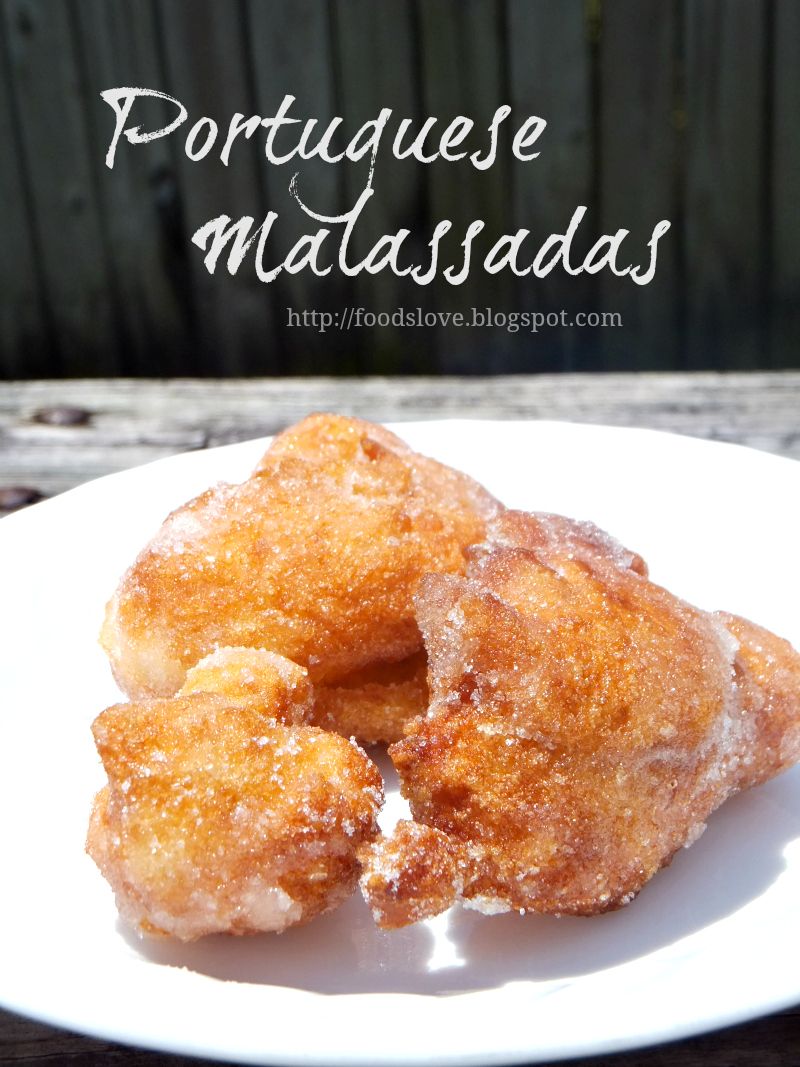Malassadas are a beloved Portuguese tradition—pillowy, golden fried doughnuts that are especially popular during Carnaval and Terça-feira Gorda (Fat Tuesday) 🇵🇹🍩🎉. Here’s a deeper look into their cultural roots and how they’re made:
🎭 Cultural Significance
- Origin: Malassadas hail from the Azores and Madeira, where they were traditionally made to use up lard and sugar before Lent, similar to Pancake Day in other cultures.
- Name Meaning: “Malassada” literally means “badly baked,” referring to the soft, slightly undercooked center that gives them their signature texture.
- Carnaval Treat: They’re a staple during pre-Lenten celebrations, often shared among family and friends as a symbol of indulgence before fasting.
Pages: 1 2

